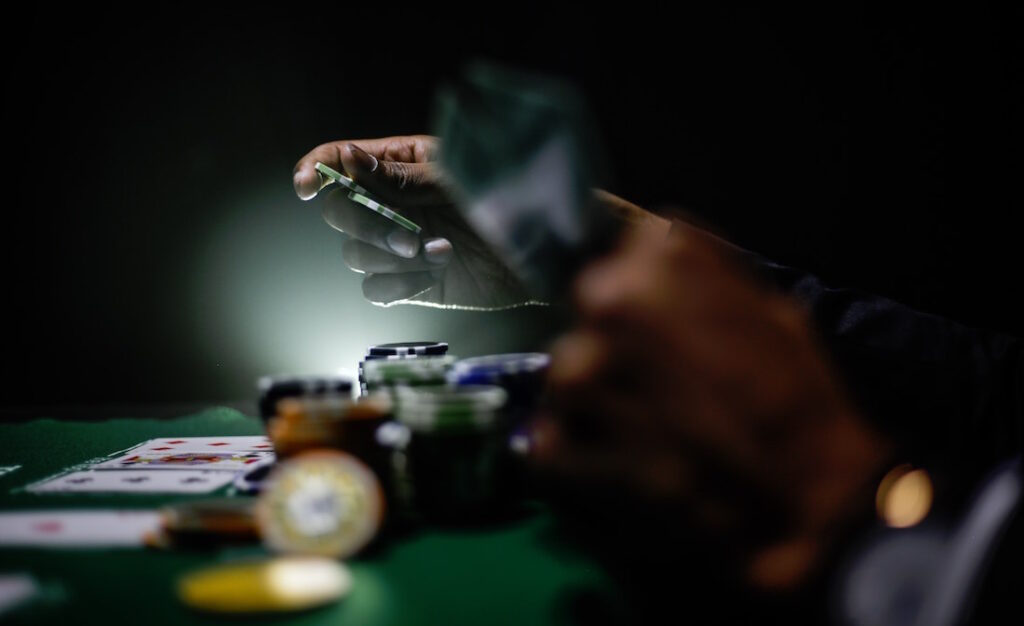Recognizing that your gambling is causing harm and wanting to break free is an important first step on the road to recovery. However, it can be extremely difficult to stop gambling on your own, especially if you have gambling disorder – the clinical term for gambling addiction formerly known as compulsive gambling or pathological gambling.
If you’re gambling harmfully, you can’t control the urge to gamble, even when it is negatively affecting your relationships, physical and mental health, finances, work performance and social life.
Although it may feel like you are powerless to stop gambling, there are proactive steps you can take to regain control of your life. We break them down below and provide additional insight into what more you can do to put an end to problem gambling in your (or a loved one’s) life.
9 Steps to Quitting Gambling on Your Own and What More Can Be Done
1. Consider Self-Exclusion
Restrict your access to gambling opportunities. Enter into an agreement with online and/or land-based gambling operators not to gamble for a specific time. This is known as self-exclusion or voluntary self-exclusion. Find out more in our article: Does Self-Exclusion Work for Online Gambling?
2. Block Gambling Transactions
Contact your bank to see whether it offers the facility to block gambling payments. This will prevent you from using your bank account for gambling transactions.
3. Find Replacement Activities
Fill the void left in your life by gambling with other hobbies and interests. Perhaps plan a holiday to take you away from your triggers using the money you have saved by giving up gambling.
4. Ask Loved Ones for Support
Tell people you trust about your decision so they can support you. Confiding in others without fear of judgment can ease the stress and emotional pain that compels you to gamble.
5. Widen Your Social Circle
Make new friends who are unconnected to your gambling lifestyle. Go to social events at work, join a gym or book club, sign up for an adult education class or start volunteering in your local community.

6. Join Online Peer Support Forums
Connect with other people in a similar situation. Online forums are a space to share your thoughts and feelings as you work through your gambling issues.
7. Seek Help for Underlying Mental Health Problems
Stress, anxiety and depression can both cause gambling problems and be made worse by harmful gambling. Seek help for any underlying mental health issues at the same time as addressing your unhealthy gambling behavior.
8. Manage Your Moods in Healthier Ways
If you gamble to escape from unhappy feelings, there are healthier ways to boost your mood, such as exercising, listening to music, writing a gratitude journal, or spending time with friends and family who don’t gamble.
9. Practice Relaxation Techniques
Meditation and mindfulness can help you become more accepting of negative thoughts and feelings without having to place a bet.
What the Science Says
So, is it possible to stop gambling on your own without any professional intervention? Let’s see what the science says about how gambling affects the brain.
Human and animal studies have found that activity in two main areas of the brain can have a direct influence on gambling behavior:
- Prefrontal cortex – The front portion of the brain that controls problem-solving, planning, impulse control, managing emotional reactions and predicting potential consequences.
- Ventral striatum – The area of the brain that is activated during the anticipation of rewards, and where it processes emotions like pleasure and happiness.
Research has found that people with gambling addiction have reduced activity in the prefrontal cortex. This may explain why people with gambling disorder have difficulty controlling their impulses and making rational decisions between short-term rewards versus longer-term consequences.
The ventral striatum is also less active in those with gambling disorder. It may seem contradictory that people addicted to the thrill of gambling have decreased activity in the brain reward pathway. However, this can be explained by the reward deficiency syndrome. This theory suggests that gambling addicts have developed an underactive brain reward system – a blunted sensitivity to reward – and are, therefore, driven to engage in more and more rewarding activities, like gambling, to compensate.
The good news is that your brain is always changing, and you can reset your reward pathways, but you may need some help.
Need Help for Gambling Addiction?
If you have tried to stop gambling on your own but are still battling the urge to gamble, you may require therapy.
At Kindbridge, we offer online support groups for gamblers run by licensed therapists and certified problem gambling counselors. Talking to others in a similar position, hearing about their recovery journeys and sharing your story will help you to build strength and resilience.
We also provide online support groups for families. These sessions are for anyone who is struggling as a result of a loved one’s problematic gambling or for those who want practical advice on how to support a family member with a gambling disorder.
Contact us today to discuss how specialist gambling disorder therapy can help you or a loved one solve your gambling issues for good. Call +1 (877) 426-4258 or email [email protected] for expert advice and support.


